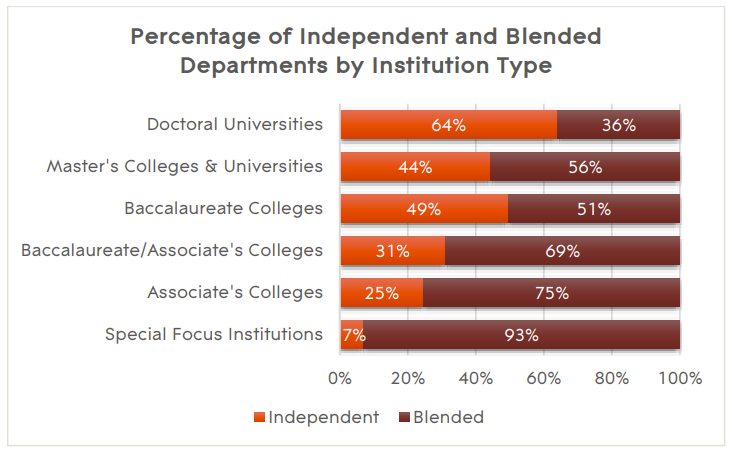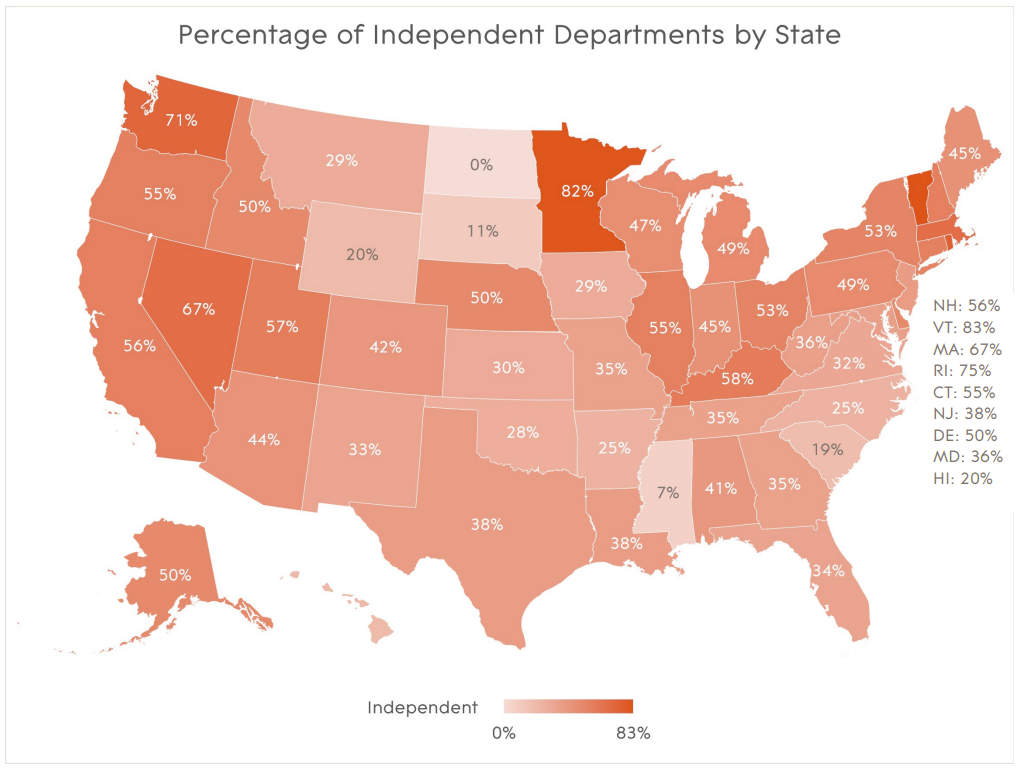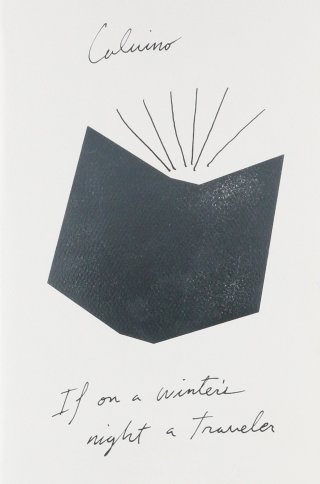The full report, authored by APA intern Jaehyun Hong with guidance from executive director Amy Ferrer, is available here.
When it comes to the geographic distribution of department types, the APA report finds that “the Northeast has the highest percentage of academic institutions with an independent philosophy department (53%). The West
follows with 51%. The South has the lowest percentage of institutions with independent departments (34%).”
It might be useful to hear more from those at “blended” departments about the advantages and disadvantages of that kind of arrangement. Blended departments may be more common than you think, and restructurings inspired by budgetary needs or the career ambitions of ascending administrators may make them even more so.
Percentage of Independent and Blended Departments by Institution Type, from “Report on the Prevalence of Independent Philosophy Departments” by Jaehyun Hong.
- doctoral universities have the highest percentage of independent philosophy departments (64%)
- just under half of baccalaureate colleges have an independent philosophy department (49%)
- one quarter of associate’s colleges have independent philosophy departments (25%)

Here’s a state-level look:
Geographic distribution of blended and independent philosophy departments in the U.S., from “Report on the Prevalence of Independent Philosophy Departments” by Jaehyun Hong.
- 83% of R1 institutions have independent philosophy departments
- 64% of R2 institutions have independent philosophy departments
- 44% of doctoral/professional universities have independent philosophy departments

A new report from the American Philosophical Association (APA) provides details on the proportions of independent and blended philosophy departments at different types of institutions, and in different parts of the United States.

Some universities and colleges have departments just for philosophy (“independent” departments), while others have departments that include philosophy and other disciplines, such as “philosophy and religious studies” or “philosophy and history,” or “humanities” (“blended” departments).
Breaking down the data on doctoral universities by Carnegie Classification, the report says:
Among its findings:





